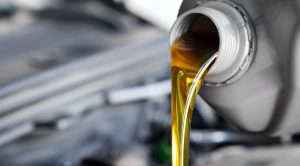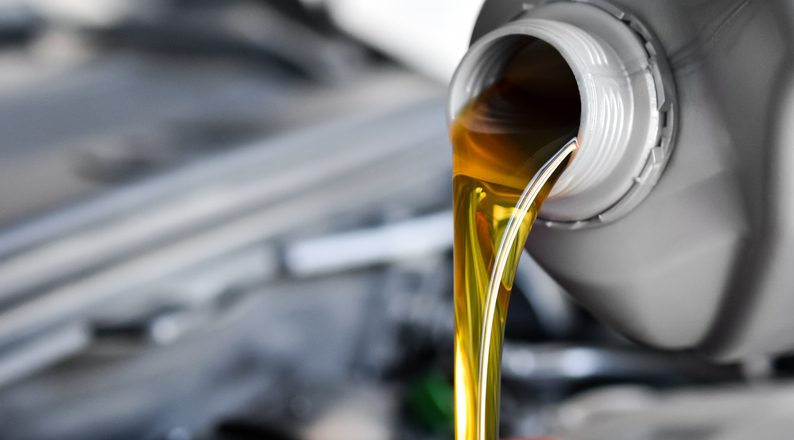Oil Loss Prevention
Oil loss will be experienced by a significant percentage of vehicles at some point in their lifespan. More often than not it comes in the form of small drips and minor leaks that can be prevented, but in some cases oil leaks require immediate attention from an ASE-Certified Technician.
An improperly sealed drain bolt is the most common leak. When having an oil change performed, your oil pan is first drained. The drain is resealed, usually with a new washer around the drain bolt. Cheap oil change services may not include a new washer, which may result in new leaks after the change. In the event that a leak appears after a change is performed and persists after 24-48 hours of normal driving, there’s a good chance you may need a new washer.
Small oil leaks are also common in older cars. Often the seals wear or are misshapen due to the mechanical movements and drastic changes in temperature that are common with a combustion engine. While replacing the seals may not be economical, it is very important to check oil levels frequently. If the oil stains pavement, kitty litter or crushed drywall will absorb the oil.
Sudden oil loss can also take place, which is a worst-case scenario. Many vehicles have warning lights that indicate a loss of oil pressure. In this case, it is imperative that the vehicle is stopped and turned off immediately. The friction caused by oil loss can harm multiple components and could even render the engine inoperable.
Abnormal oil loss without any indication such as oil stains or an oily engine may indicate a much deeper problem. This could be a signifier that the vehicle is burning oil. Oil may seep past the pistons and into the combustion chamber or it may leak through a broken head gasket. These issues are both extremely serious that can potentially lead to power loss and reduced fuel efficiency.
If you think you might be losing oil, bring your vehicle into Myers Automotive. We will diagnose the problem and will offer solutions based on the nature and severity of the oil leak.


